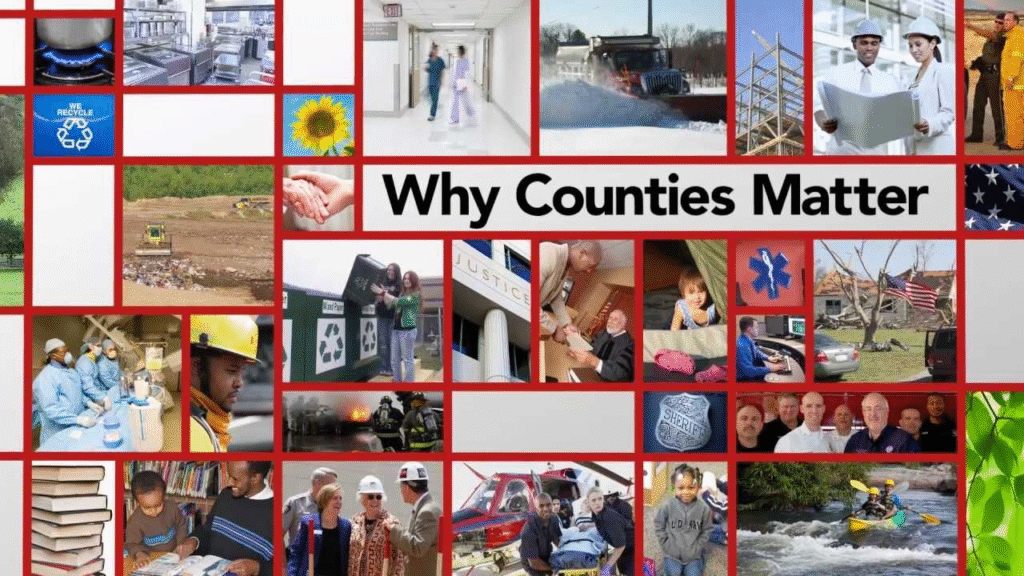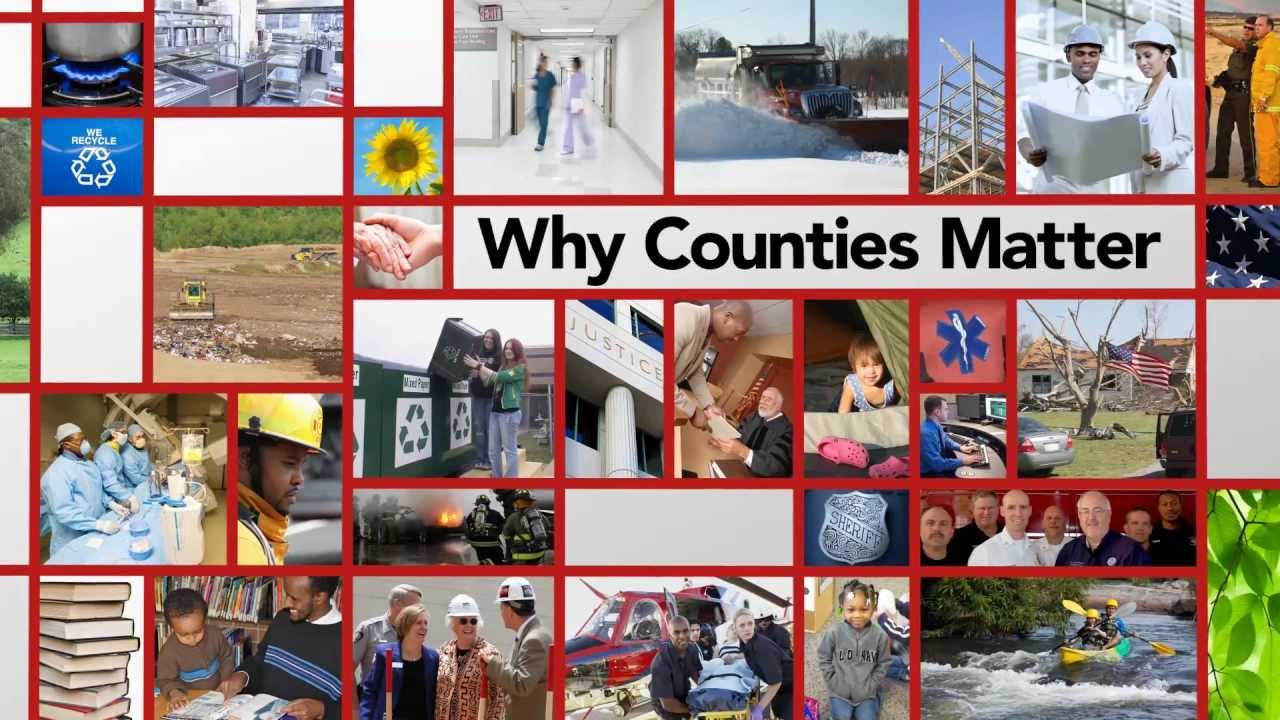
County governments play a crucial role in the everyday lives of residents across the United States. While many people are familiar with state and federal governments, county governments often operate closest to the communities, managing essential services and local governance. Understanding what county governments do and why they matter can empower citizens to engage more effectively with their local leaders and better appreciate the impact these governments have on public safety, health, infrastructure, and more.
The Role of County Governments
Counties serve as administrative arms of the state but also have their own elected officials and responsibilities. Their roles vary by state and county size but typically include a mix of legislative, executive, and administrative functions focused on local needs.
Key functions of county governments include:
- Law Enforcement and Public Safety
Counties operate sheriff’s departments responsible for policing unincorporated areas, running county jails, and supporting court security. They also coordinate emergency management and disaster response. - Judicial and Legal Services
County governments maintain courthouses and provide administrative support for judges and court systems. They handle property records, marriage licenses, and other legal documents. - Public Health and Social Services
Counties often manage public health programs, including immunizations, clinics, and mental health services. Social service departments provide support for vulnerable populations, such as child welfare and housing assistance. - Infrastructure and Public Works
County governments maintain roads, bridges, and public buildings. They oversee land use planning, zoning, and building permits to manage growth and development. - Elections and Voter Services
Counties organize local, state, and federal elections, manage voter registration, and ensure the integrity of the electoral process.
County Government Structure
The organizational structure of county governments typically includes:
- County Commissioners or Supervisors
Elected officials who act as the legislative and executive body, responsible for budgeting, policymaking, and administration. - Other Elected Officials
Positions such as Sheriff, Treasurer, Auditor, Clerk of Courts, and Prosecuting Attorney are often elected separately and oversee specific departments. - County Departments and Agencies
Various departments handle health, public works, planning, and human services, staffed by appointed professionals.
Why County Governments Matter
County governments influence many aspects of daily life, often in ways residents may not immediately realize:
- Local Control and Responsiveness
Counties tailor services and policies to meet the unique needs of their communities, providing a level of responsiveness larger governments can’t match. - Public Safety and Justice
By managing law enforcement and courts locally, counties ensure safety and access to justice within communities. - Health and Welfare
County health departments play a front-line role in disease prevention, health education, and social support, directly affecting community well-being. - Infrastructure and Development
County decisions on roads and zoning impact economic development, housing availability, and quality of life. - Democracy at Work
Counties oversee elections, making them essential to upholding democratic participation and voter rights.
Challenges Facing County Governments
Despite their importance, county governments face several challenges:
- Budget Constraints
Limited funding can restrict services and infrastructure maintenance. - Growing Populations
Rapid population growth pressures counties to expand services and manage development responsibly. - Intergovernmental Coordination
Counties must collaborate with cities, townships, and state agencies, which can be complex. - Public Awareness
Many residents are unaware of county government roles, reducing civic engagement.
How Citizens Can Engage with County Governments
- Attend county commission meetings or watch them online.
- Contact elected county officials to express concerns or ask questions.
- Participate in public hearings on zoning, budgets, and policies.
- Volunteer for county advisory boards or commissions.
- Vote in local elections for county offices.
Overview Table: County Government Functions and Impact
| Function | Description | Impact on Residents | Typical Officials Involved |
|---|---|---|---|
| Law Enforcement | Sheriff’s department, jails, emergency management | Community safety and crime prevention | Sheriff, County Commissioners |
| Judicial Services | Courthouse administration, records, legal documents | Access to justice and legal services | Clerk of Courts, Prosecutor |
| Public Health | Clinics, vaccinations, mental health programs | Community health and disease prevention | Health Department Directors |
| Infrastructure | Road maintenance, zoning, building permits | Safe roads, managed growth, economic development | Public Works Director, Planning Commission |
| Elections | Voter registration, election administration | Fair and accessible voting | Board of Elections, County Auditor |
FAQs
Q1: How do county governments get their funding?
Counties primarily receive funding from property taxes, state and federal grants, fees, and service charges.
Q2: Can I run for a county office?
Yes, most county offices are elected positions. Requirements vary by office and county.
Q3: How do counties differ from cities or towns?
Counties cover larger geographic areas including unincorporated communities, while cities and towns are incorporated municipalities with their own local governments.

